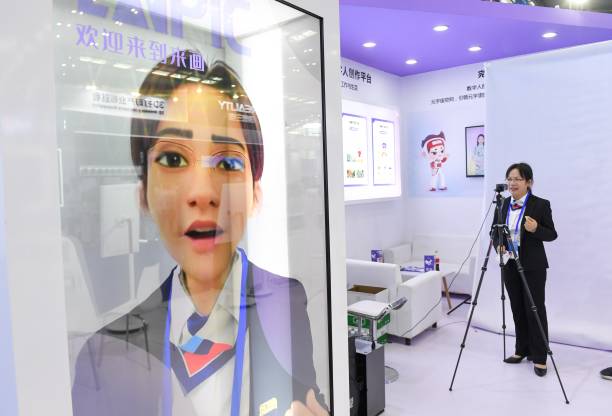AI-generated anime shorts raises concerns over its impact on artistry
The arrival of AI-driven technologies in the world of artistry has raised many concerns about their effects on the industry. While some consider these technologies as a means to democratize the industry and create content easily, others believe they do more harm than good.
A prominent example is the recent anime short named ‘Anime Rock, Paper, Scissors’ created by Los Angeles-based production studio Corridor Digital. The studio leveraged the Stable Diffusion machine-learning text-to-image model to create the anime-like appearance of the camera footage that was filmed in front of a green screen. The AI model aided them in their adaptive rotoscoping process.
The creators of the video believe that they have found a new method to create anything they want without skilled animators to draw every frame or tackle the insurmountable mountain of work that a large animation studio demands. They suggest that the animation style can be turned into reality with this AI-driven process, which hints at true creative freedom.
The creators themselves acknowledge that their AI-driven animation production technique is not designed to replace human animators but to bring visual ideas to life, eliminating the ‘near-insurmountable mountain of work’ that comes with a large animation studio’s large budget process. They say that the tools they use have the potential to create community-controlled AI tools that could eliminate the uncanny valley on CGI faces and ink and color traditionally drawn sketches with ease.
While many of Corridor Digital’s YouTube followers believe that the new technology would make content creation more accessible, it has also raised concerns about plagiarism and ethical concerns among real artists. According to some critics, Corridor Digital’s work is indicative of AI tools falling on stolen work from artists and failing to incorporate their technical skills or artistic senses into the process. Essentially, anyone can train an AI to learn the styles of many different artists, but Corridor Digital’s anime short uses the imitation of the work of artists that can be considered plagiarism, copying and selling artists’ artwork without their consent.
Despite the online backlash that Corridor Digital has faced, these creators hold that Anime Rock, Paper, Scissors isn’t any less ethical than the other pop culture-related YouTube videos they’ve uploaded. This AI-driven animation production technique is an experiment to understand how to use their own art with these AI tools to speed up the process. They see potential for tools like these to let an animator propagate their ink and color easily across the entire shot. It’s potential like that that gets them excited about this technology and why they’re doing these experiments in the first place.


